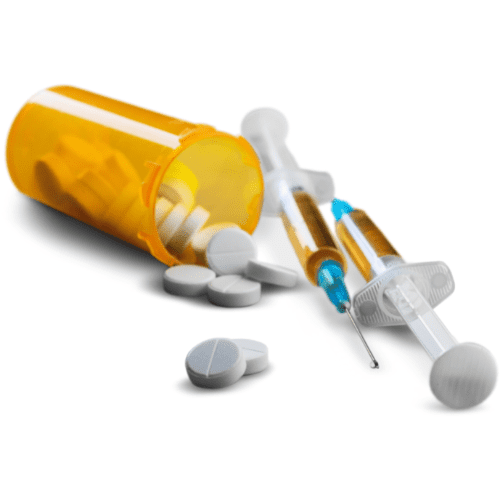County Executive George Latimer reminds residents to take steps now to assure children are protected from the harmful effects of lead exposure in their own
homes.
“I encourage all families to talk to their child’s healthcare provider to assess their child’s risk and need for lead exposure testing and to assure your home is s afe for children by identifying and safely removing sources of lead to prevent further exposure,” Latimer said.
The county Health Department recognizes National Lead Poisoning Prevention Week as an opportunity to raise awareness in an effort to reduce childhood exposure to lead. Lead is a toxic mineral that can cause damage to the brain and other vital organs as well as decreased learning and behavior problems. All children, from six months to six years old, should have a lead assessment annually by their medical provider, and by New York State law, all children who are one and two years old must receive a blood lead test.
From Oct. 1, 2020 through Sept. 30, 2021, 217 children were identified as having been exposed to lead, up from 198 during the prior 12 months. During the past
12 months, the Department has discharged 144 individuals, which means their blood lead level has returned to normal and their environment has been made lead-safe. The county Health Department is currently tracking 297 individuals with lead exposure.
To protect Westchester’s youngest residents, the county Health Department also works to reduce lead exposure in pregnant women. The county has identified
eight pregnant women with elevated blood lead levels this year, and will track their lead levels. The Department works with families and building owners to
identify the sources of lead and assure they are removed, and will follow up after the women deliver to assess the exposure of their newborns.
The Department also follows the progress of any child under age 18 who arrives in this country with an elevated lead level of five or above, to ensure that care continues wherever the child is placed. Through Sept. 30, 10 children who came to this country had elevated blood lead levels.
“We must do everything we can to keep children safe from lead,” said Dr. Sherlita Amler, the county health commissioner. “Its health effects can be devastating, but they are preventable. We ask that parents and caregivers respond promptly when notified that their child has an elevated blood lead level and keep all provider appointments to assess their child’s progress in reducing that blood lead level. It is equally important to cooperate with our staff to identify any lead risks where the child lives and spends time so these risks can be removed, remediated or contained. Working collaboratively, we can achieve the best outcomes
for Westchester children.”
Amler said that if a child’s most recent blood lead test is elevated; their healthcare provider and the county Health Department will contact the family to help them manage the impact of lead on the child. The provider must confirm the elevated blood lead level by taking a blood sample drawn from a vein. Follow-up includes a detailed lead exposure assessment, a nutritional assessment and a developmental screening. The Health Department works with families to
identify sources of lead at home and wherever the child spends the most time, so that lead can be removed. About 500,000 American children between ages one and five have elevated levels of lead in their blood, according to the CDC.
Property owners of single-family or multi-family homes throughout Westchester are encouraged to apply for the county’s Lead Safe Westchester, LSW, Program, made possible by a grant from the U.S. Department of Housing and Urban Development, HUD. The LSW Program provides free improvements
and repairs to reduce lead-based paint, dust and other safety hazards in housing units, built before 1978 where residents with low to moderate incomes reside.
Priority is given to units housing children under the age of 6 and/or units where a pregnant woman lives. Funds are awarded on a firstcome, first-served basis, based on the occupants’ eligibility and on a home inspection that determines the presence of lead. To request an application, property owners, landlords and tenants call 914-995-4402 or email tkr3@westchestergov. com. (Submitted)
The Westchester County Health Department recognizes National Lead Poisoning Prevention Week as an opportunity to raise awareness in an effort to reduce
childhood exposure to lead. The top sources of lead in Westchester, from most frequent to least, are:
• Flaking or peeling lead-based paint in homes built before 1978.
• Old painted wooden windows.
• Lead dust on window sills, floors and toys.
• Stained glass windows or casement windows with lead came (dividers).
• Ceramic pottery from other countries, particularly in Latin America, India and the Middle East.
• And less frequently:
• Herbal medicines from the Middle East, Latin America, China and India.
• Candy and spices from Mexico, the Middle East, Latin America, India and China.
• Cosmetics from India, Pakistan, Bangladesh, Middle Eastern and African countries.
• Costume jewelry and toys made in other countries and often sold in dollar and discount stores.







